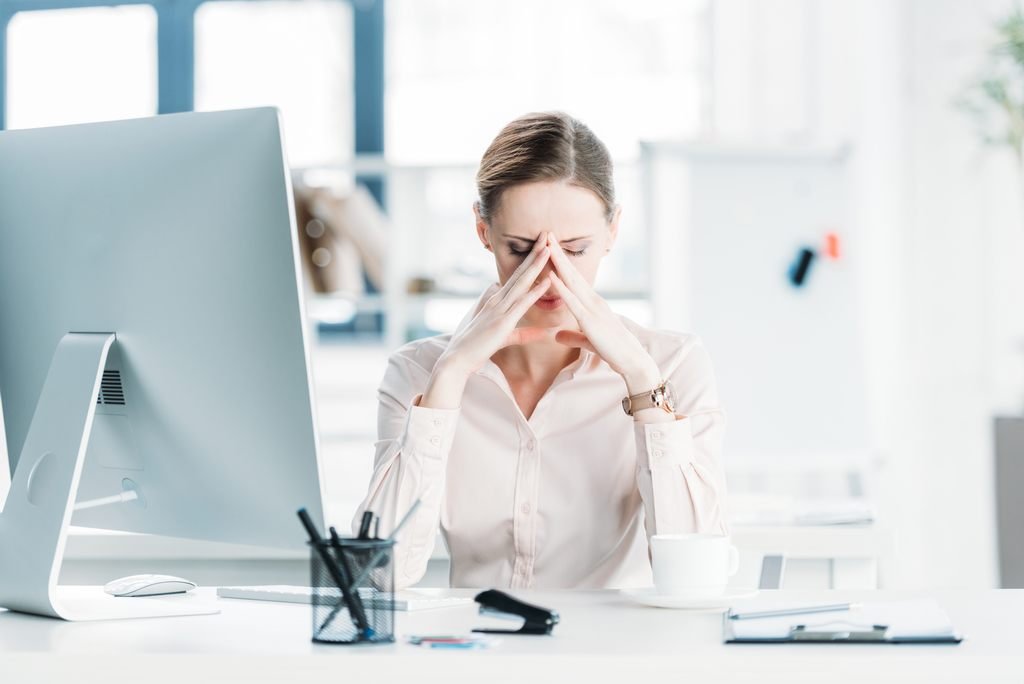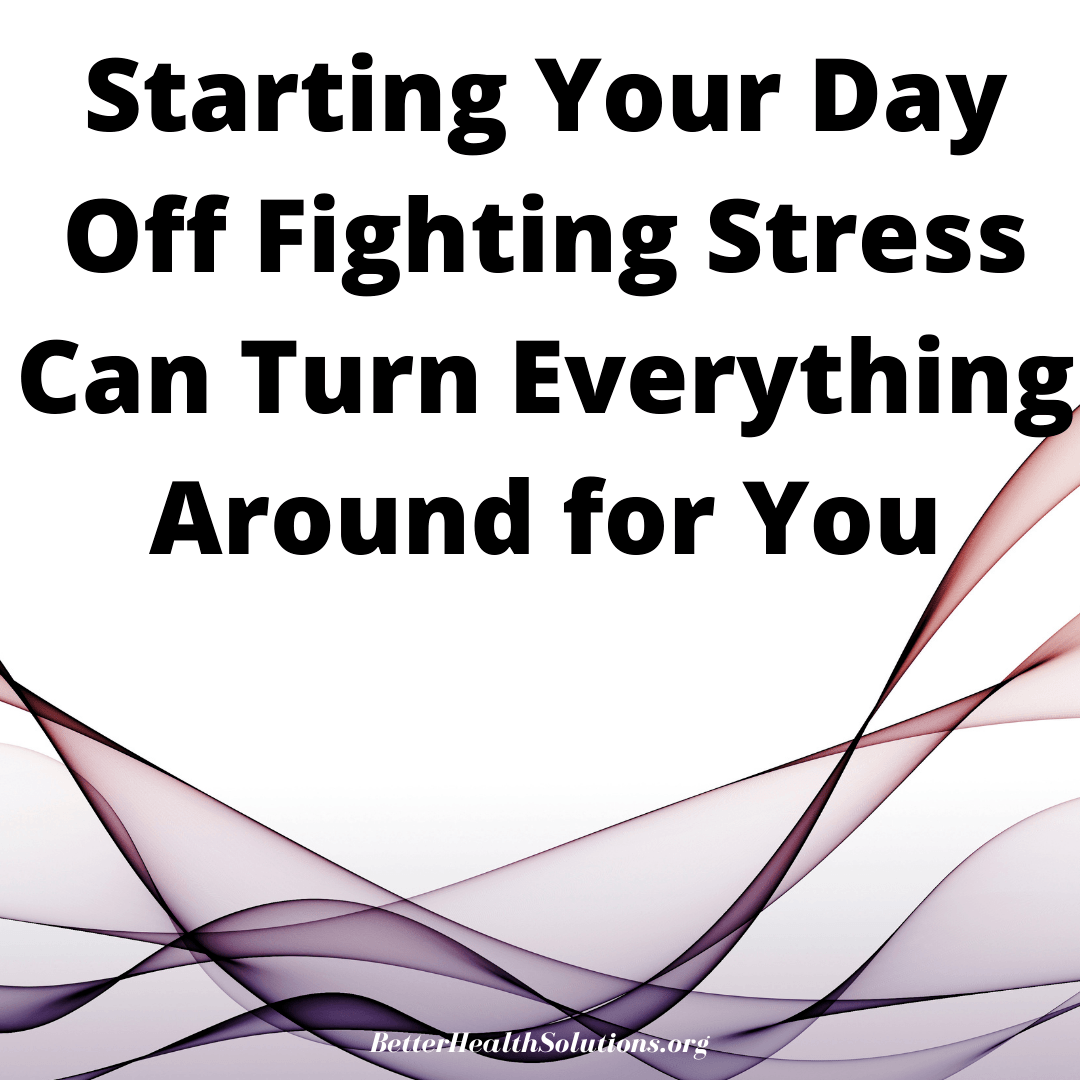Stress and anxiety are common experiences that can take a toll on your daily life. Almost twenty percent of society claims they have stress and anxiety issues that are debilitating or somehow affect their ability to enjoy their lives.
Due to this, many people seek solutions to this problem. During their search, they usually stumble upon meditation and many meditation apps. Maybe that’s why you’re here. No one is trying to discourage you away from meditation.
There is no doubt that meditation helps. Studies have repeatedly shown that meditation helps most people who give it a genuine try with their stress and anxiety. But, while meditation is an effective way to cope with stress and anxiety, it is crucial to understand that it is not a "quick fix."
How Meditation Works to Combat Stress and Anxiety
Meditation works by helping you focus on the “here and now.” Doing that helps you become more aware of your thoughts and feelings. This process can take time and regular practice to see results.
Studies show that most people experience positive results after about eight weeks of daily meditation. However, it is vital to keep in mind that everyone is different and will experience different results.
Some people may find they need to meditate for more extended periods before they begin to see any effects, while others may notice changes after only a few minutes. Again, the important thing is to be patient and consistent with your practice, as results will vary from person to person.
There are many ways to use meditation for stress and anxiety, but one of the best ways is to focus on your breath. Taking deep, slow breaths can help to calm your mind and body, and it can also help to clear out any negative thoughts or emotions that may be causing your stress and anxiety.
You can also try focusing on a mantra or a certain word or phrase you repeat to yourself during meditation. This can help to keep your mind from wandering and can help you to focus on the present moment.
Other Ways to Reduce Stress and Anxiety
After your meditation session, there are other things that you can do to reduce stress and anxiety. For example, you can exercise, spend time in nature, get enough sleep, and eat a healthy diet. These things can help improve your overall health and wellbeing, which can, in turn, help reduce stress and anxiety. So if you're struggling with stress and anxiety, try incorporating some of these things into your daily routine with a regular meditation practice.
Meditation Is a Powerful Tool
Meditation is not a magic cure-all that will instantly eliminate stress and anxiety. Meditation is, however, a powerful tool to help you manage stress and anxiety in your lives. With the addition of concrete steps, meditation will promote relaxation, increase self-awareness, and boost your mood. With consistency, you can learn how to better deal with stress and anxiety and eventually find more peace and calm in your life.










